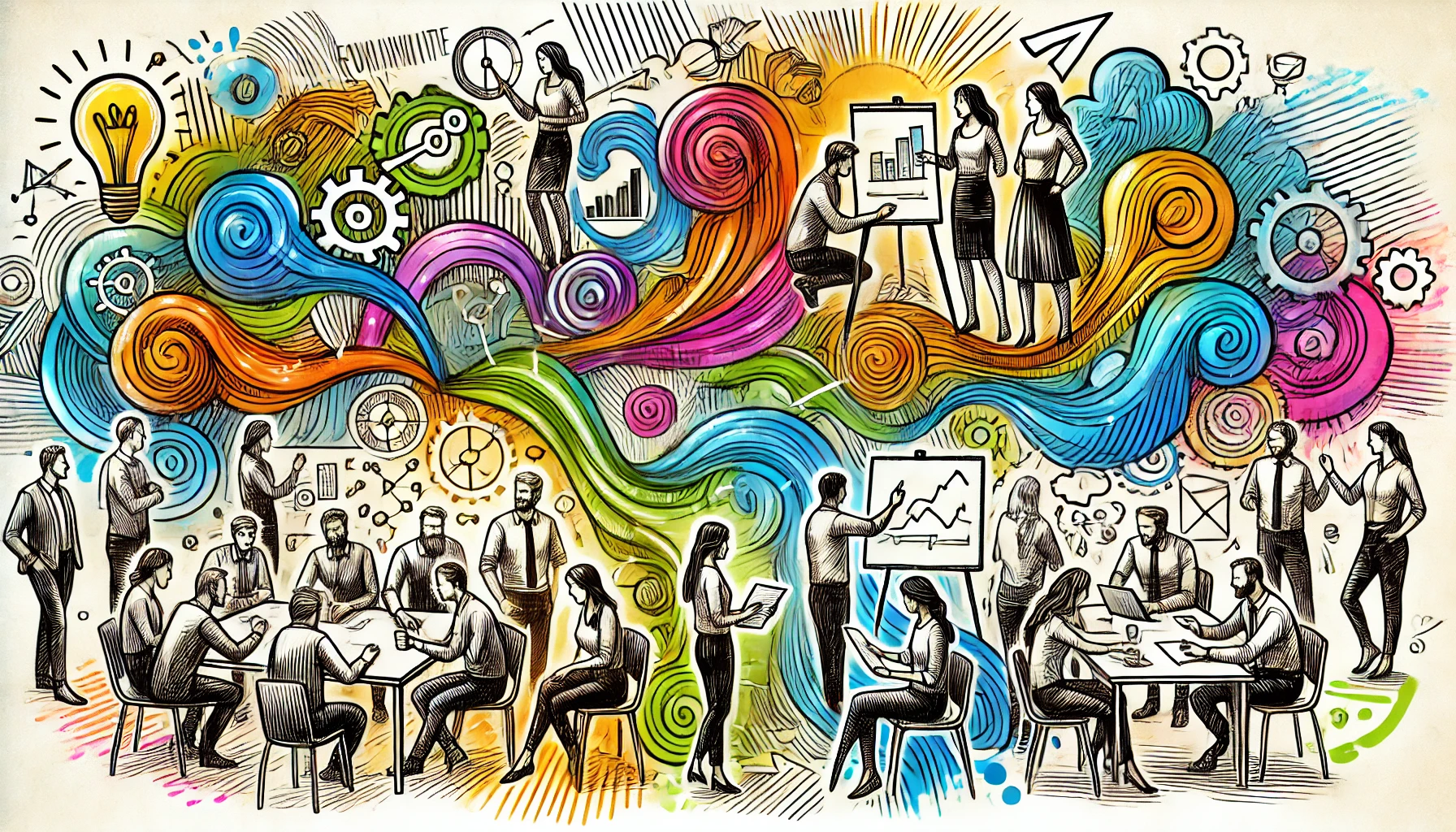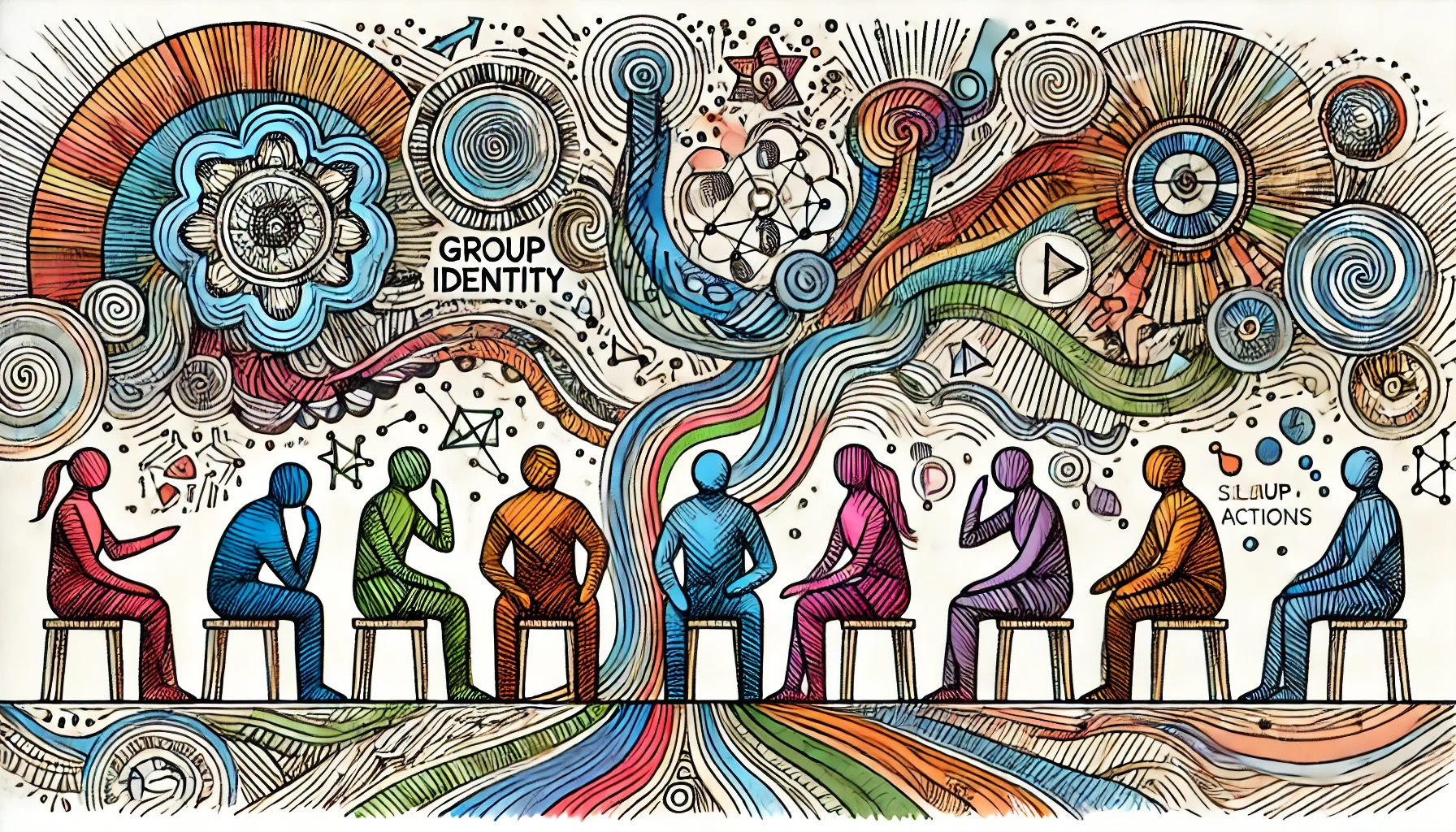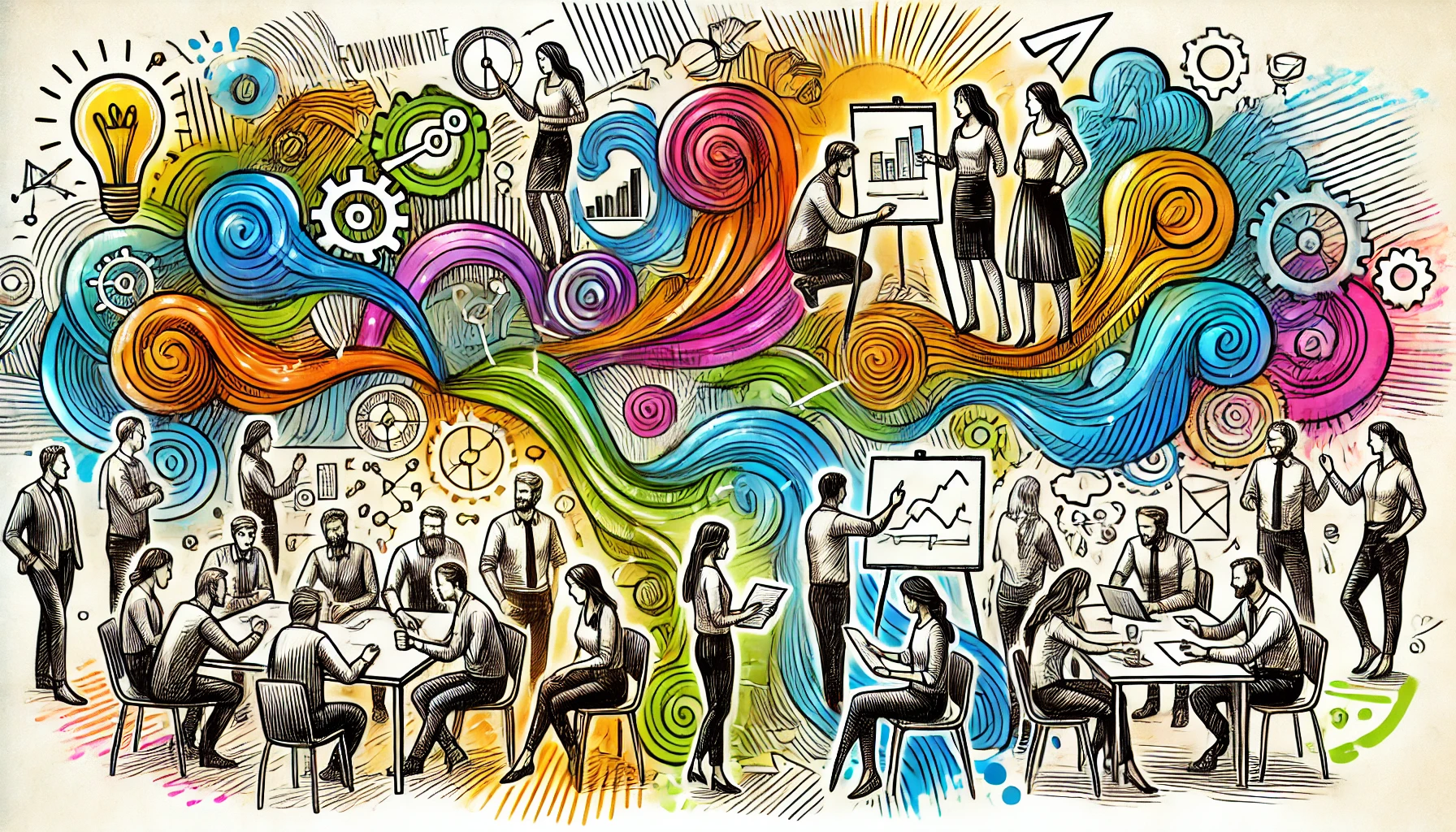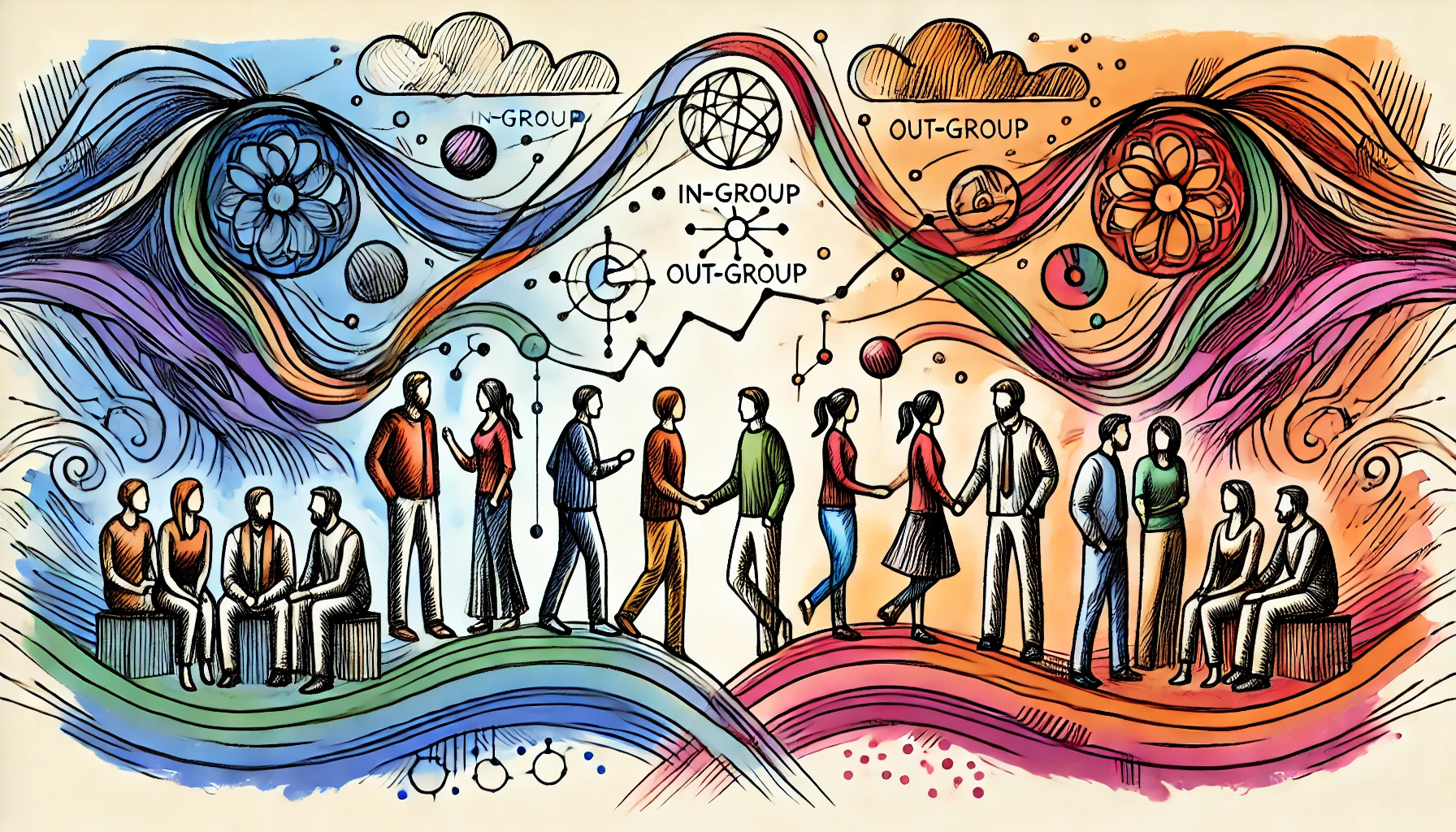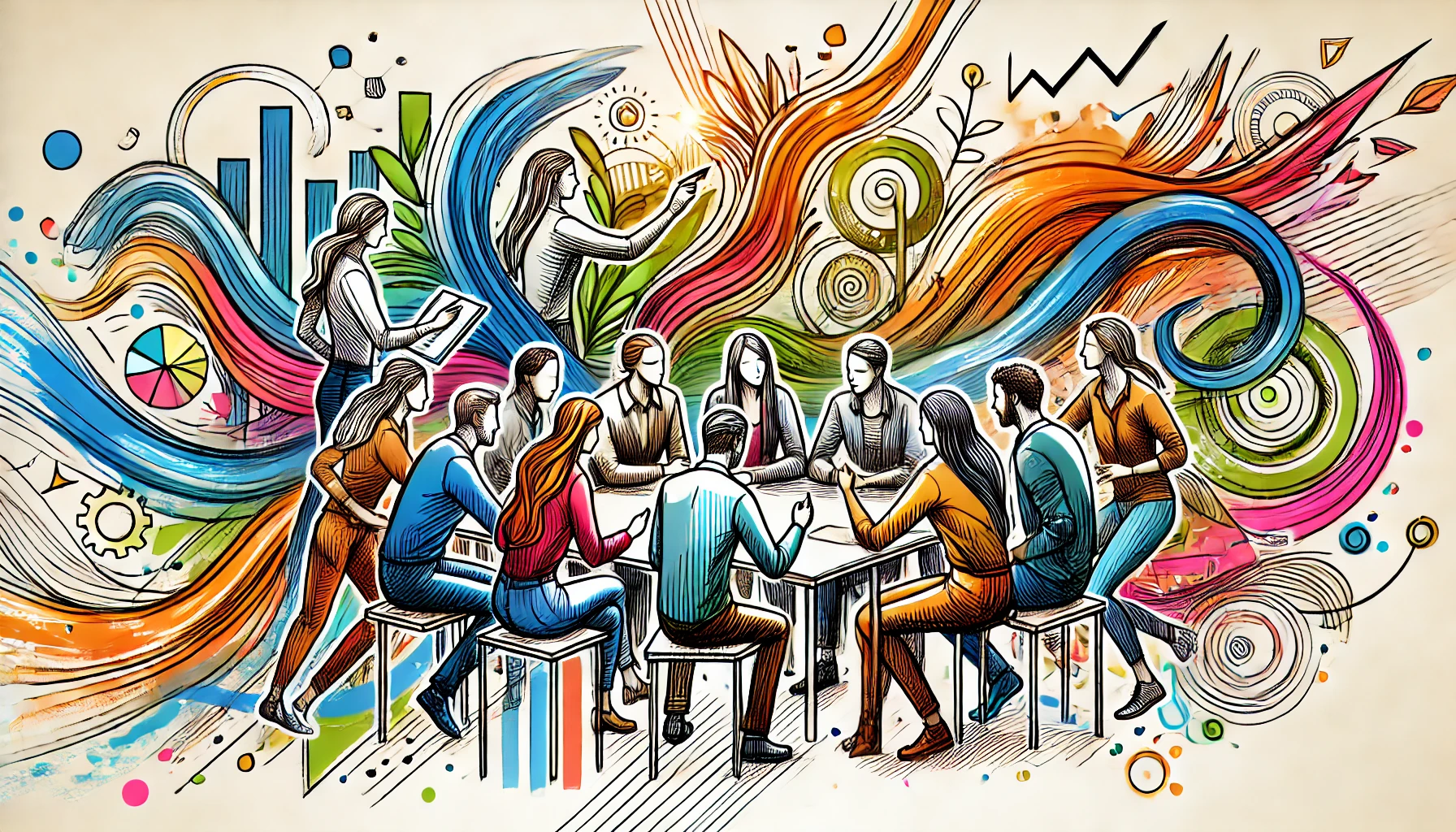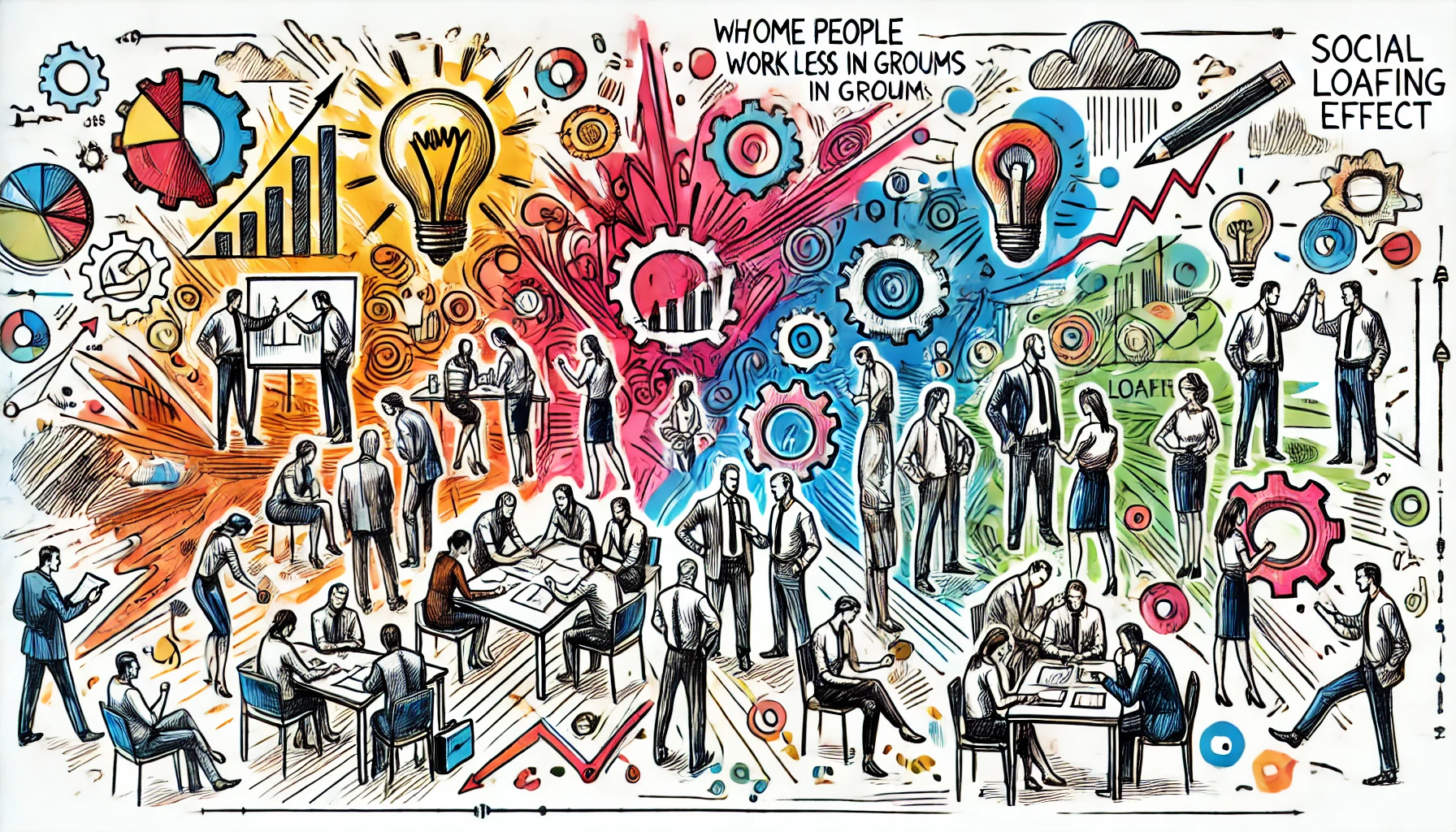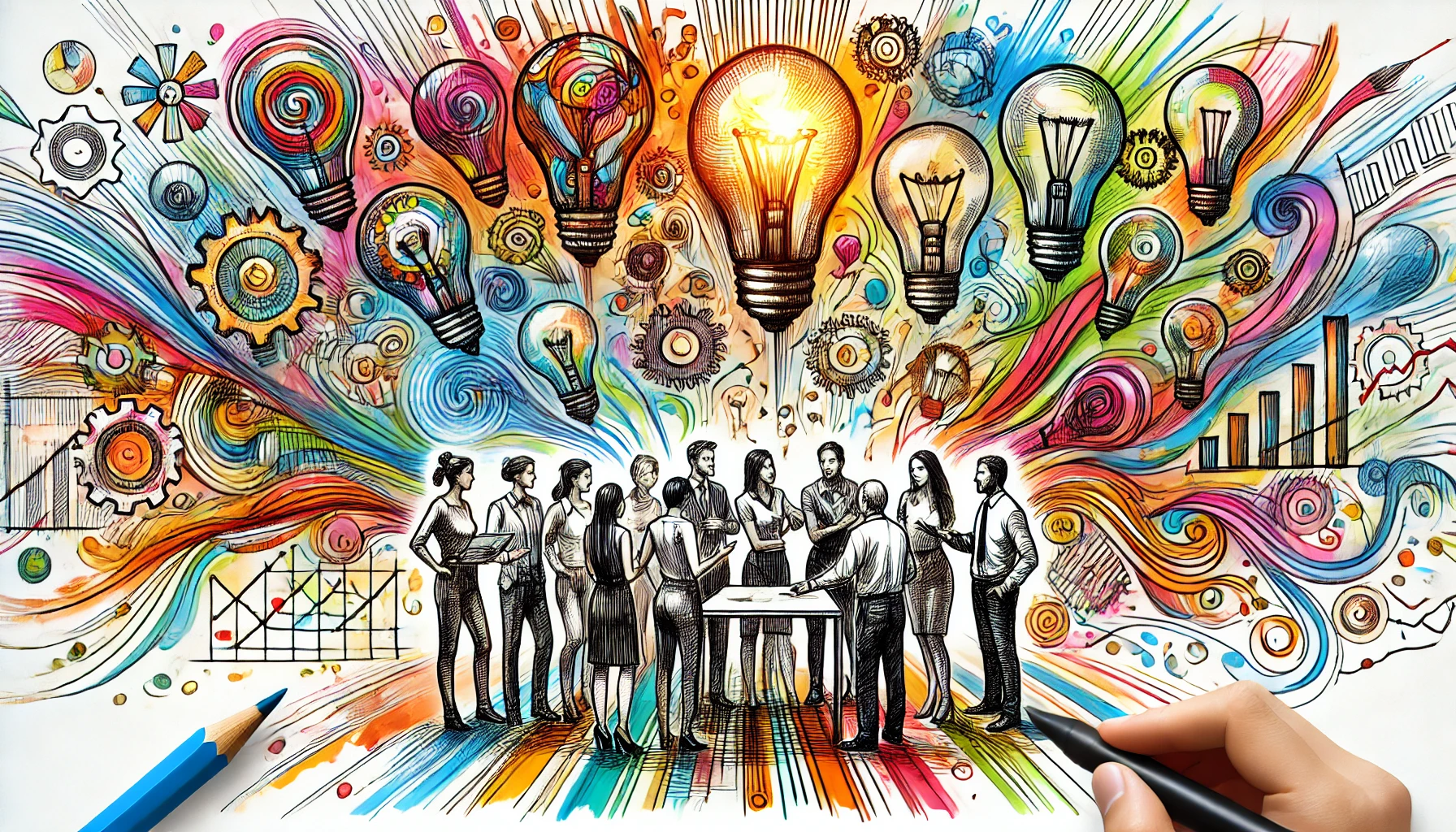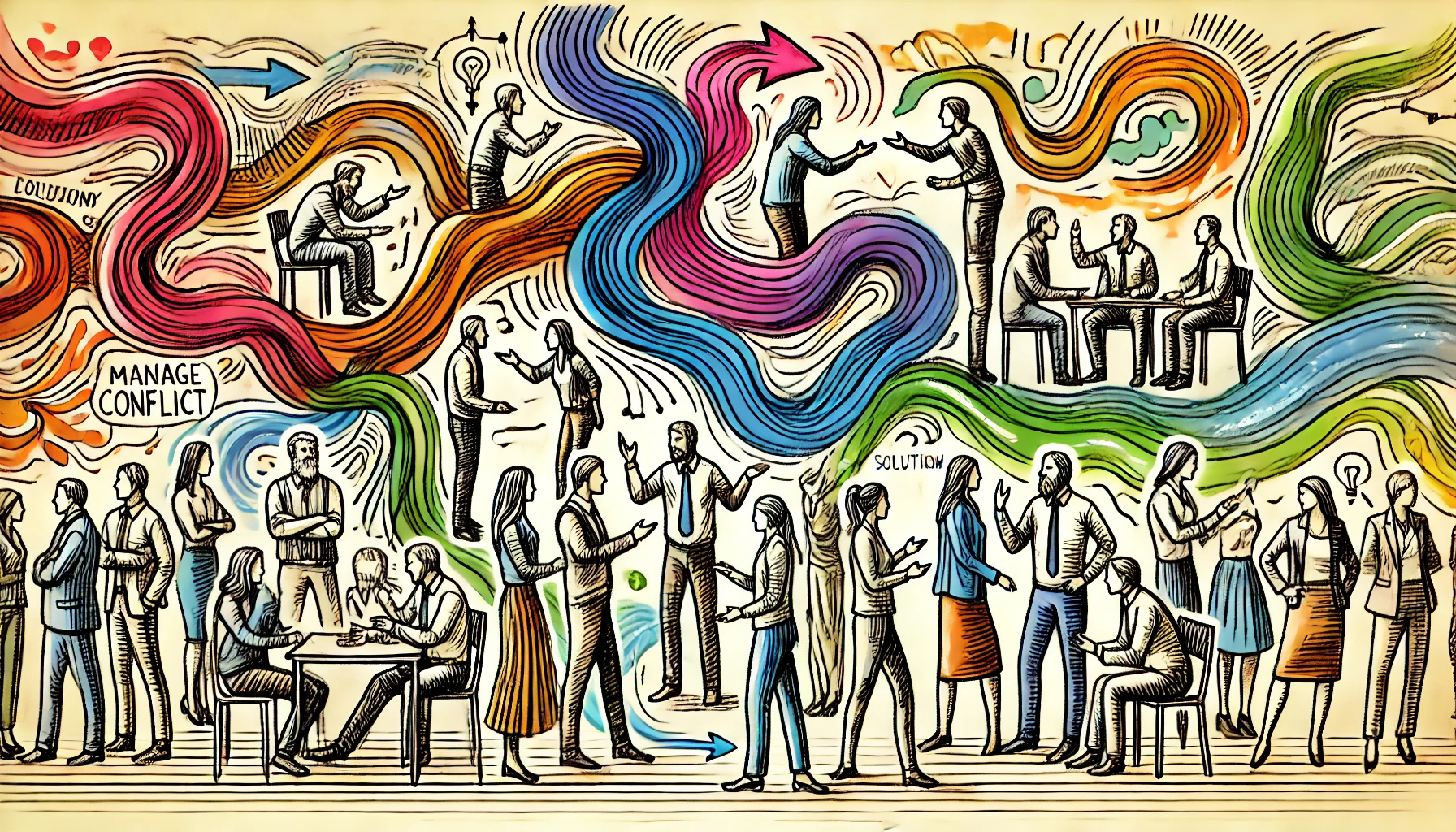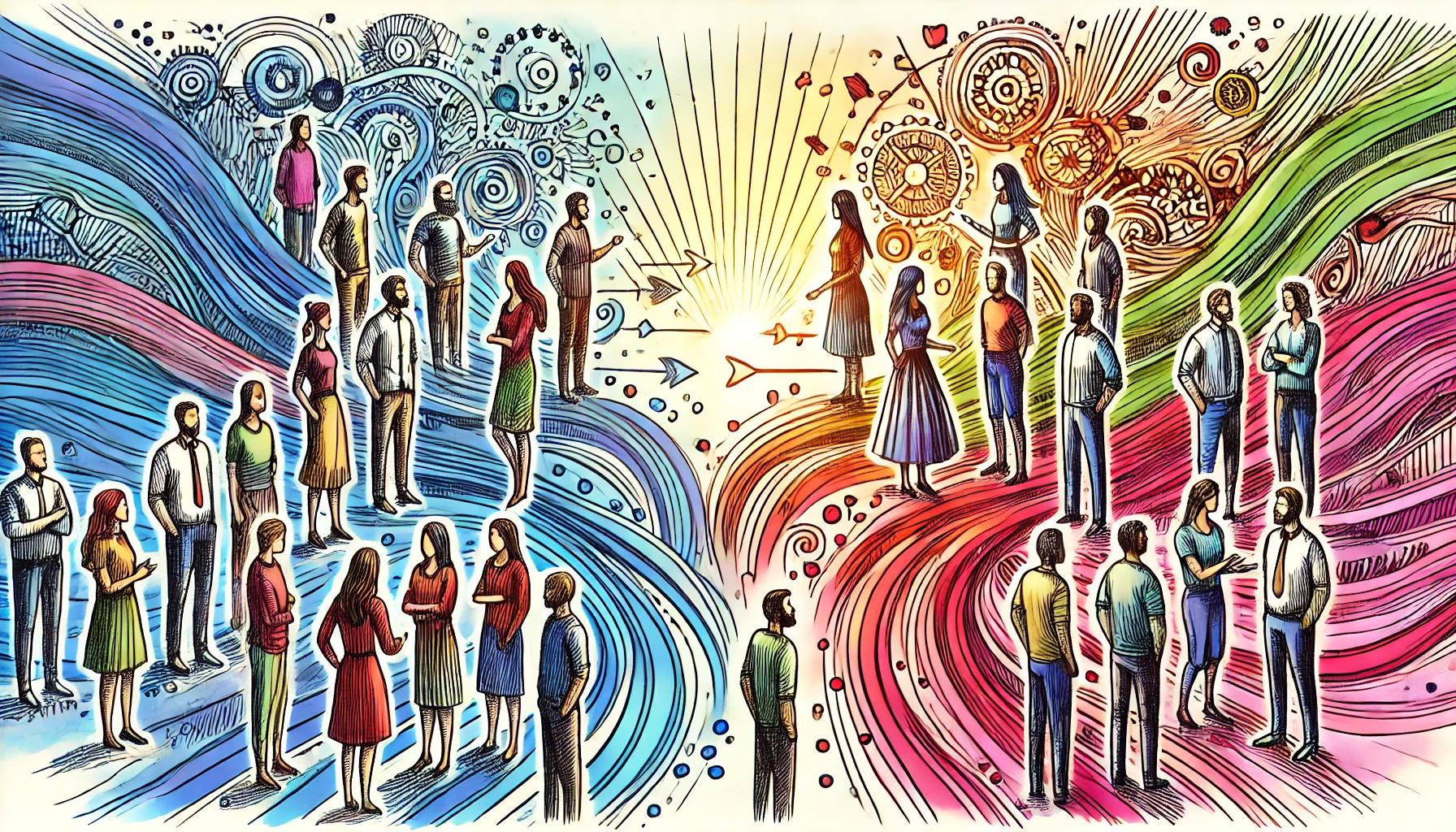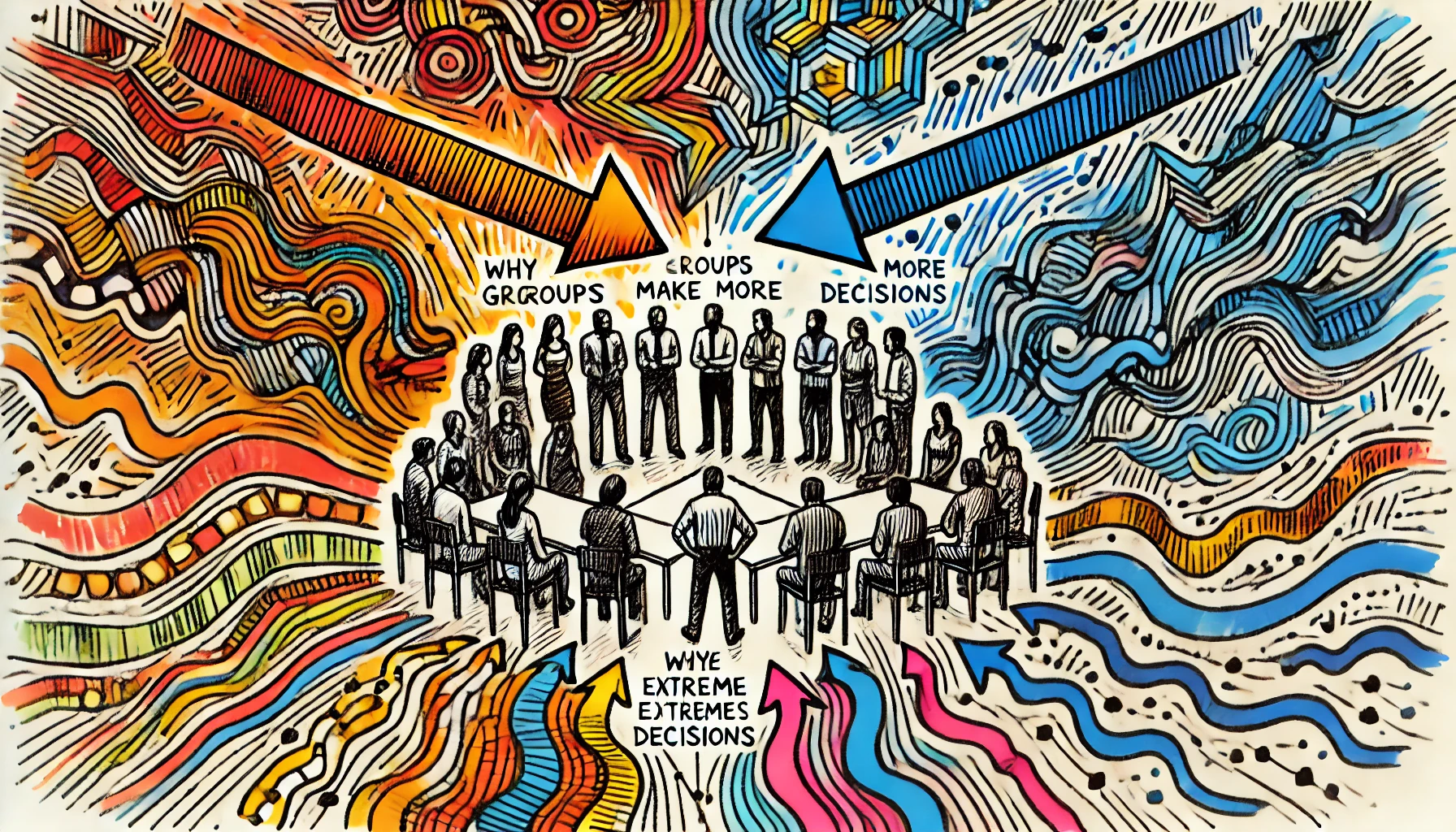Effective group collaboration is essential for achieving shared goals, fostering innovation, and enhancing productivity. Whether in a workplace, academic setting, or community project, collaboration allows individuals to leverage their diverse skills and perspectives to solve complex problems and generate creative ideas. However, successful collaboration doesn’t just happen; it requires deliberate […]
How Group Identity Shapes Our Beliefs and Actions
Group identity plays a significant role in shaping our beliefs, actions, and how we interact with others. As social beings, humans naturally seek to belong to groups, whether based on culture, profession, hobbies, or shared values. These group memberships contribute to how individuals perceive themselves and influence their worldview, decision-making, […]
How to Facilitate Effective Group Collaboration
Effective group collaboration is essential for achieving shared goals, fostering innovation, and enhancing productivity. Whether in a workplace, academic setting, or community project, collaboration allows individuals to leverage their diverse skills and perspectives to solve complex problems and generate creative ideas. However, successful collaboration doesn’t just happen; it requires deliberate […]
Understanding In-Group vs. Out-Group Dynamics in Social Behavior
In-group vs. out-group dynamics are central concepts in social psychology that explain how individuals categorize themselves and others into social groups. These dynamics play a crucial role in shaping social behavior, influencing everything from personal identity to group conflict and prejudice. An “in-group” refers to the group with which an […]
How Group Cohesion Leads to Team Success
Group cohesion, or the sense of solidarity and connection among group members, is a critical factor in determining the success of teams in various settings, including workplaces, sports teams, and educational environments. Cohesion goes beyond simple collaboration; it involves strong interpersonal relationships, shared goals, and a collective commitment to the […]
The Social Loafing Effect: Why Some People Work Less in Groups
The social loafing effect is a psychological phenomenon where individuals in a group setting tend to exert less effort on a task than they would if they were working alone. This reduction in effort is often due to a perceived diffusion of responsibility, where individuals feel less accountable for the […]
Why Group Diversity Enhances Creativity and Innovation
Group diversity is increasingly recognized as a key driver of creativity and innovation in both business and social settings. Diverse groups, comprising individuals with varying backgrounds, experiences, and perspectives, are more likely to generate novel ideas and creative solutions to problems. This happens because diversity in thought, culture, and knowledge […]
How to Manage Conflict in Group Dynamics
Conflict is a natural and inevitable aspect of group dynamics, arising from differences in opinions, goals, personalities, or communication styles. While conflict can be disruptive if not managed properly, it can also be a catalyst for growth, innovation, and stronger relationships when handled constructively. Managing conflict in group settings requires […]
The Impact of Group Size on Behavior and Interaction
Group size plays a significant role in shaping the behavior and interaction patterns within a group. As the number of members in a group changes, so too do the dynamics, affecting communication, decision-making, cohesion, and overall performance. In small groups, interactions tend to be more intimate, allowing for deeper connections […]
Group Polarization: Why Groups Make More Extreme Decisions
Group polarization is a phenomenon in social psychology where individuals within a group tend to make decisions or adopt positions that are more extreme than their initial preferences after group discussions. This occurs because group members reinforce each other’s opinions, leading to more radical viewpoints or actions than they would […]

